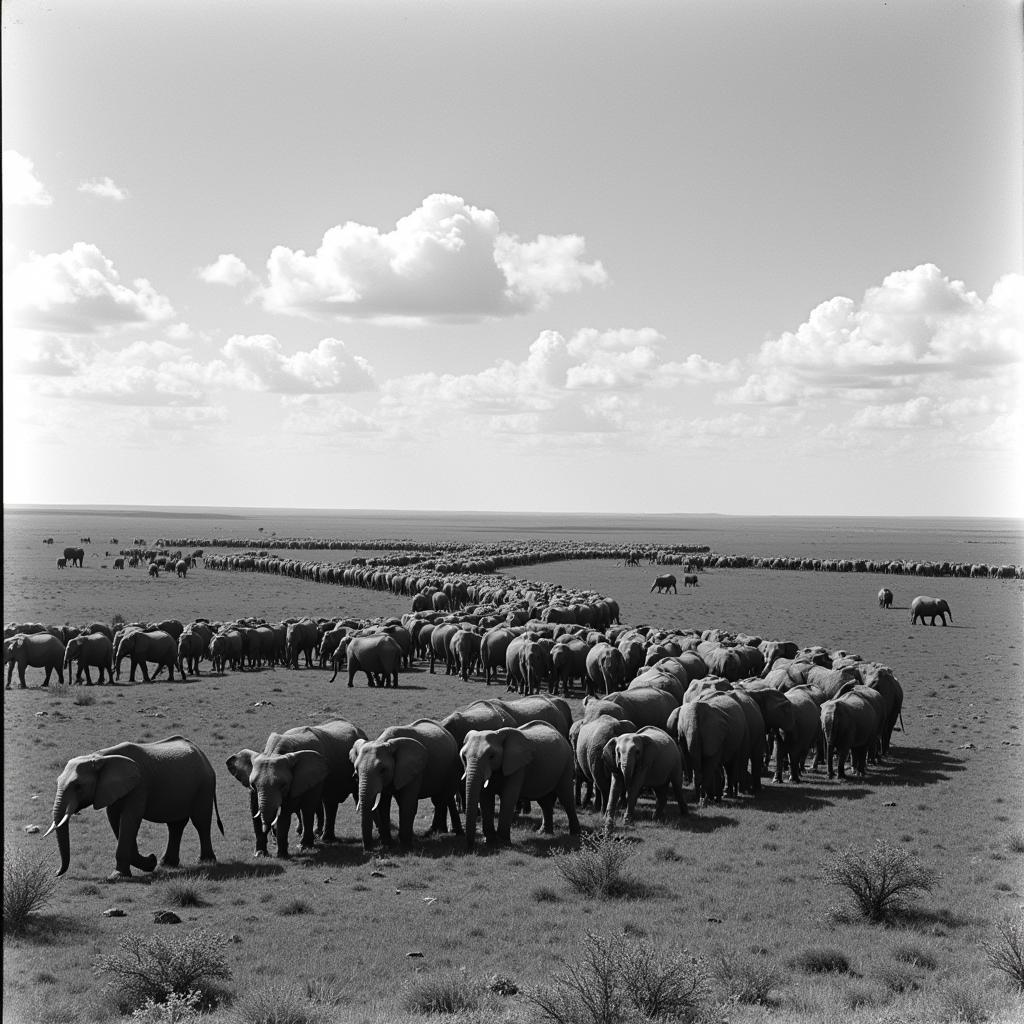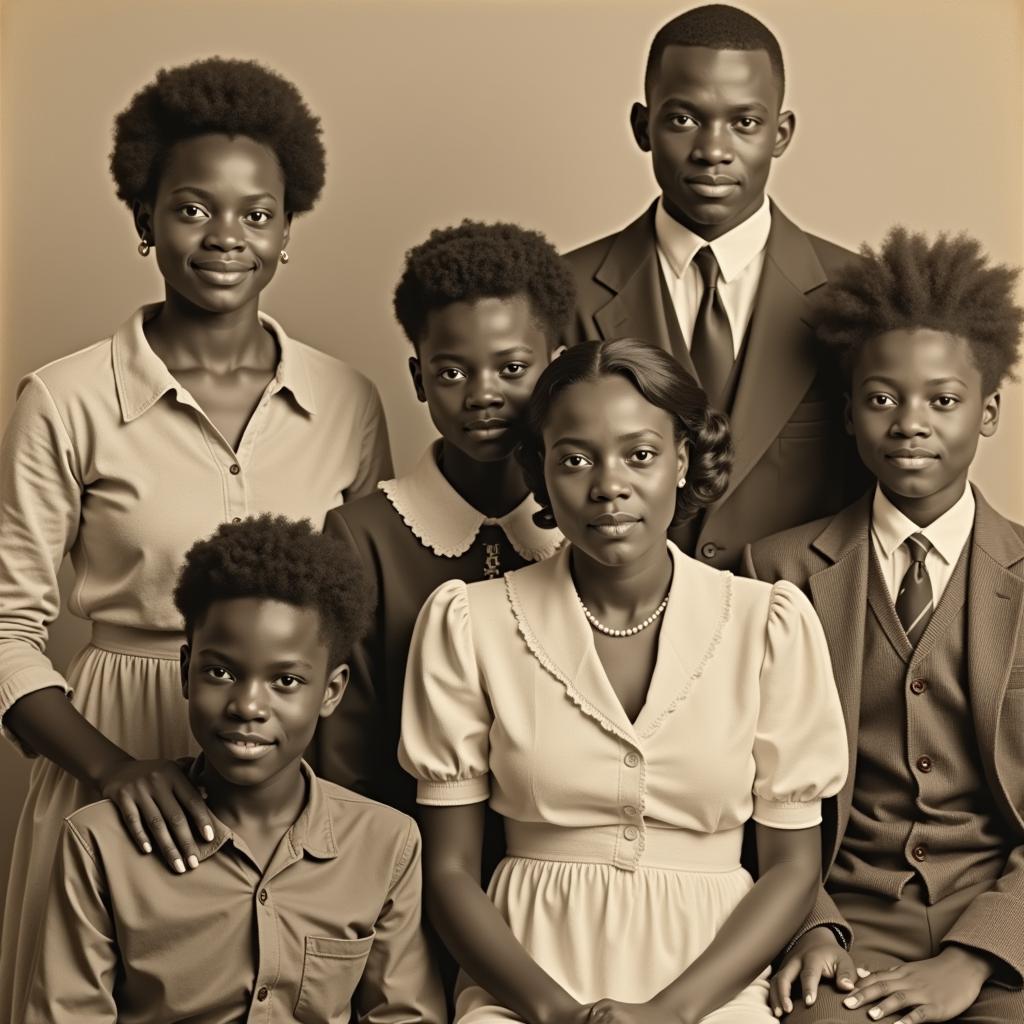The African American Bible: History, Influence, and Cultural Significance
The African American Bible has held a profound significance within the Black community for centuries, serving as a source of strength, hope, and resistance. This article explores its rich history, cultural impact, and evolving interpretations within the context of the African American experience.
From the earliest days of slavery, the Bible played a complex role in the lives of African Americans. While slaveholders often used scripture to justify their oppressive system, enslaved people found solace and inspiration in the same text, reinterpreting stories of liberation and resilience to fuel their own hopes for freedom. They identified with the Israelites’ exodus from Egypt, seeing parallels between their own struggle and the biblical narrative of deliverance. This shared experience forged a deep connection between the African American community and the Bible. Soon after the emancipation, distinct theological perspectives began to emerge within the Black church, further solidifying the Bible’s central role in African American life.
The Power of Scripture in the Face of Oppression
The African American interpretation of the Bible often focused on themes of liberation, justice, and hope. Spirituals, coded songs that blended biblical imagery with messages of resistance, became a powerful tool for communication and a testament to the enduring faith of enslaved people. These songs, like “Swing Low, Sweet Chariot” and “Go Down Moses,” drew heavily on biblical stories and metaphors, providing a covert means of expressing their longing for freedom and their belief in divine intervention. The hidden meanings embedded within these spirituals offered both solace and a sense of shared purpose, strengthening their resolve in the face of unimaginable hardship. For example, the “Jordan River” often symbolized the Ohio River, the boundary between slavery and freedom.
The Evolution of the African American Bible
Following the Civil War and Reconstruction, the Black church emerged as a central institution in African American communities, providing not only spiritual guidance but also social, educational, and political leadership. African American theology developed as a distinct field of study, exploring the unique ways in which African Americans have engaged with and interpreted the Bible. This theological perspective has continued to evolve, addressing contemporary issues such as racial justice, economic inequality, and mass incarceration, always grounding its arguments in the biblical text.
How the African American Bible Shaped a Culture
The influence of the Bible extends beyond the walls of the church, permeating various aspects of African American culture, including literature, music, and art. From the powerful sermons of Martin Luther King Jr. to the evocative poetry of Langston Hughes, the Bible’s cadences and imagery have profoundly shaped the language and expression of Black artists and intellectuals. This enduring influence underscores the deep connection between faith and cultural identity within the African American community. This cultural impact is further explored in discussions of African Enlightenment and its relation to religious thought.
The African American Bible Today
Today, the African American Bible continues to be a source of strength, resilience, and inspiration. New interpretations and translations, such as the African Heritage Study Bible, aim to provide greater cultural context and understanding of the biblical text, further enriching the African American experience of scripture. Resources like African American Christian websites contribute to this ongoing dialogue.
The African American Bible has a long and complex history, intertwined with the struggles and triumphs of the Black community. From its role in sustaining hope during slavery to its continuing influence on contemporary culture, the African American Bible remains a powerful force in shaping identity, fostering resilience, and inspiring social change. We can learn a great deal by understanding the history of African American slave songs and hidden meanings. The ongoing engagement with scripture ensures that the African American Bible will continue to play a vital role in the lives of future generations. For those seeking culturally relevant names, resources like African Christian baby boy names offer a wealth of options.
Conclusion
The African American Bible is more than just a religious text; it’s a testament to the enduring spirit of a people. Its unique interpretation has provided strength, solace, and a foundation for social and cultural change. This enduring legacy continues to shape the African American community today.
FAQ
- What is the African Heritage Study Bible?
- How did enslaved people interpret the Bible?
- What are spirituals and what is their significance?
- How has the African American Bible influenced Black culture?
- What is the role of the Black church in the African American community?
- How did the African American Bible support resistance during slavery?
- Where can I find more resources about the African American Bible?
Other Questions You Might Ask:
- How does the African American Bible address social justice issues?
- What are some key figures in African American biblical scholarship?
Further Reading on African Life:
Check out our other articles on related topics such as:
- African American Literature
- The History of Gospel Music
- The Civil Rights Movement
When you need support, please contact us:
Phone: +255768904061
Email: kaka.mag@gmail.com
Address: Mbarali DC Mawindi, Kangaga, Tanzania.
We have a 24/7 customer support team.




